
MCB 2021 Galileo Circle Award Winners
Undergraduate Winners
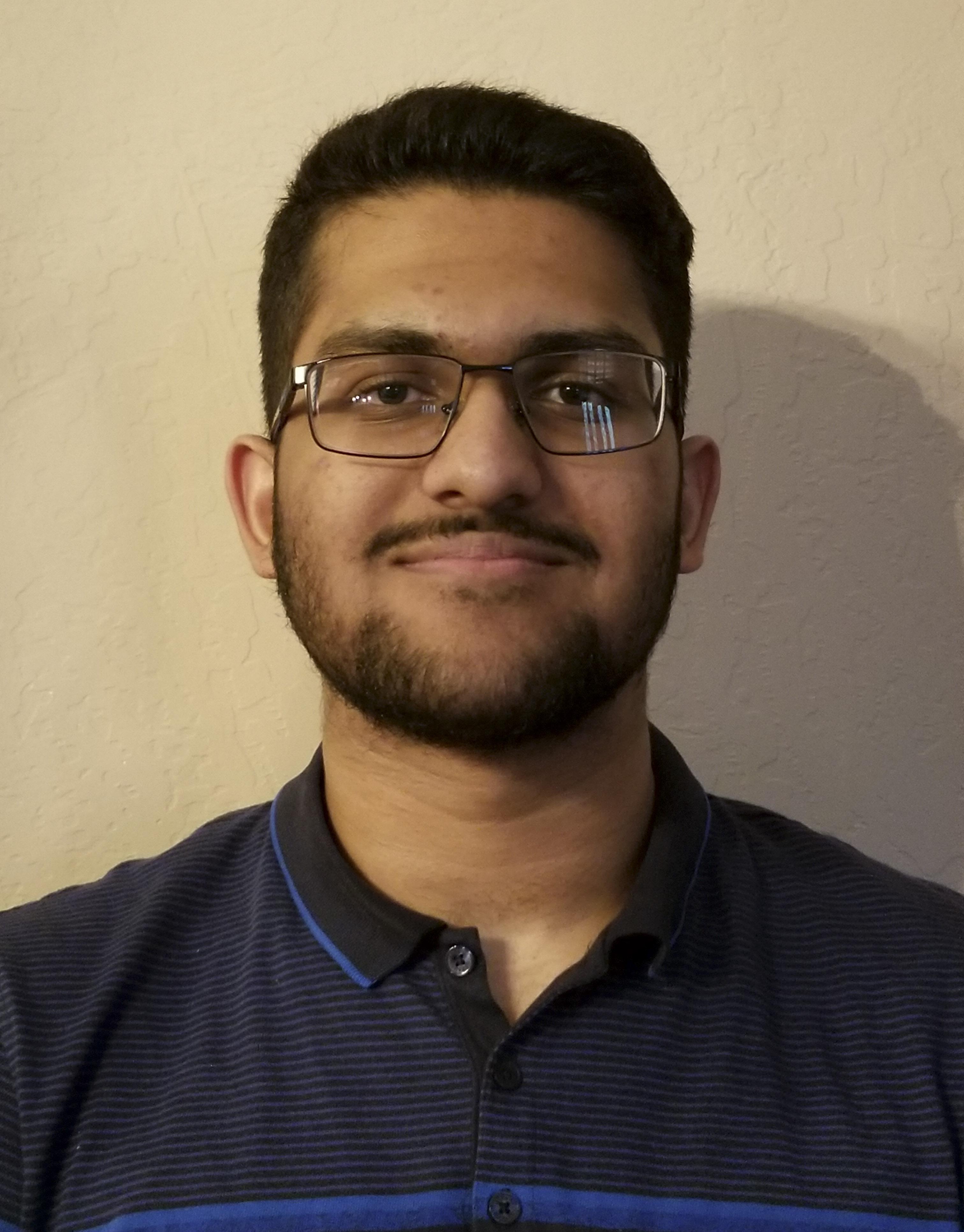 Abel Cherian, Junior
Abel Cherian, Junior
Majors: Molecular and Cellular Biology, Biochemistry and Physiology
Research Lab PI: Dr. Ross Buchan
"I am currently assisting Dr. Ross Buchan and the Buchan lab in their research into a novel process known as 3’-UTR mRNA scaffolding in the model organism, S. cerevisiae. This scaffolding by the mRNA of nascent proteins, its prevalence in the transcriptome, the features of the 3’-UTR that mediate this process, and the biologically relevant protein-protein interactions it facilitates is what is of interest regarding my research into this topic. Currently, the work that I have done on this topic includes a bioinformatics analysis that has searched the entire S. cerevisiae proteome for examples of this unique interaction. Our immediate steps forward include vetting our list of mRNA scaffolding by validating the protein-protein interactions list with a genome-wide DHFR Protein Complementation Assay.
I am absolutely elated and humbled that I received such a prestigious award. This scholarship will really assist in continuing my education and research forward. I am grateful to all the Galileo members and donors for giving us undergrads and aspiring scientists such an opportunity. Through your actions, you have demonstrated to us and the community how committed you are to furthering human understanding and how invested you are in the future generation of researchers to guide that journey forward."
Advait Jeevanandam, Senior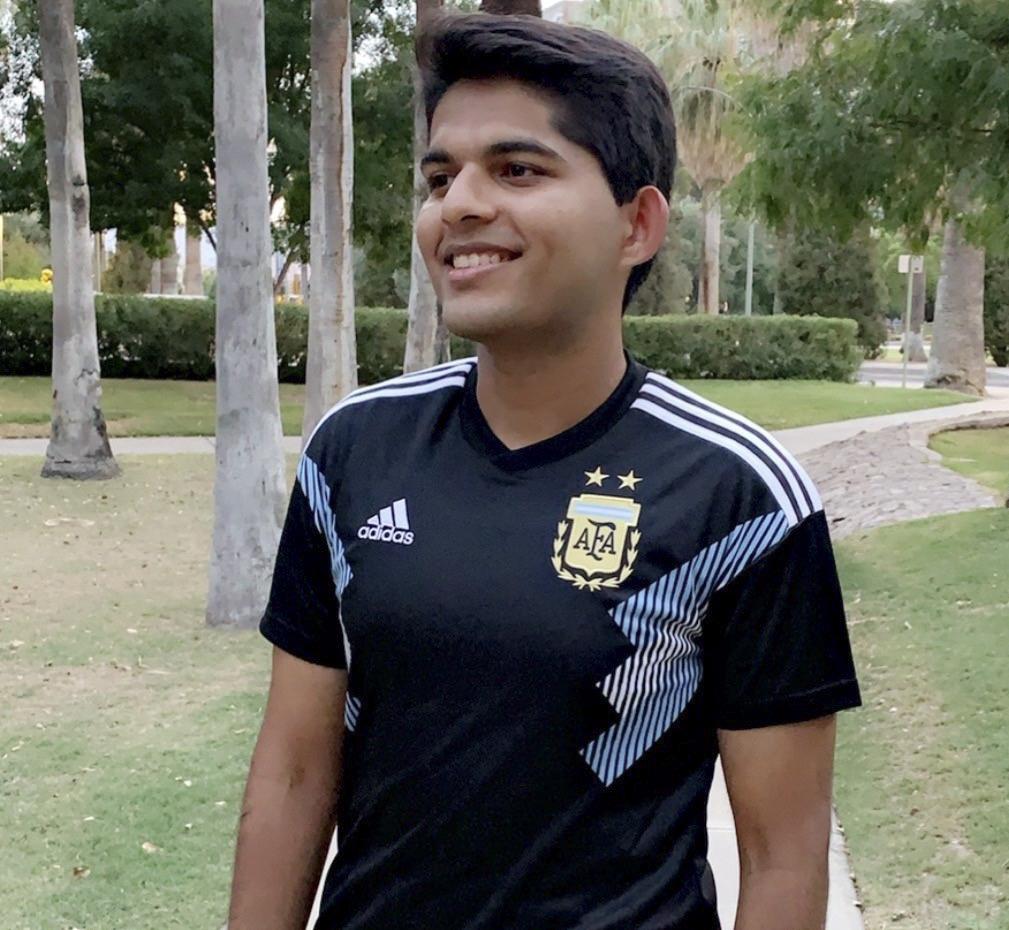
Major: Molecular and Cellular Biology
Minors: Microbiology and Biochemistry
Research Lab PI: Dr. Samuel Campos
"For the last 2 years, my research in Campos Lab at the Bio5 institute involves Human Papillomavirus (HPV)— the leading cause of ~90% of cervical cancer cases. Research into the subcellular trafficking of the virus is critical because currently the HPV medical field is lacking in therapeutics that specifically target the viral mechanism. I study a positively charged region of the viral protein L2 that we hypothesize could be important in transporting viral DNA to cause infection, and I am testing this hypothesis by making and experimenting with mutant viruses of this protein region, and doing immunofluorescence microscopy experiments. In the future, I hope to join the Accelerated Masters Program (AMP) after I graduate this December, and do something a little different from my current research interests by applying for a PhD in Cancer Immunology after I took up an avid interest in Immunology, and its complexity through the various incredible classes I enrolled at the UofArizona.
To be truthful, my deeper desire to be a researcher stems from family, the biggest of which is my strong grandmother. Once a linguistics professor, she developed frontal and temporal dementia in her later years. Her inspiring life was one marked by the overcoming of struggles, and I know I’d make her proud by having an impact on other lives myself, and aid others affected by the vast variety of debilitating diseases.
I am extremely grateful and honored to be selected for the Galileo Circle Scholarship donors, and hope to continue on this path that I have charted out in the field of Cancer and Immunology. Discovering more about our immune system can potentially save lives from many diseases, cancer being among the worst, and also why I will focus on it."
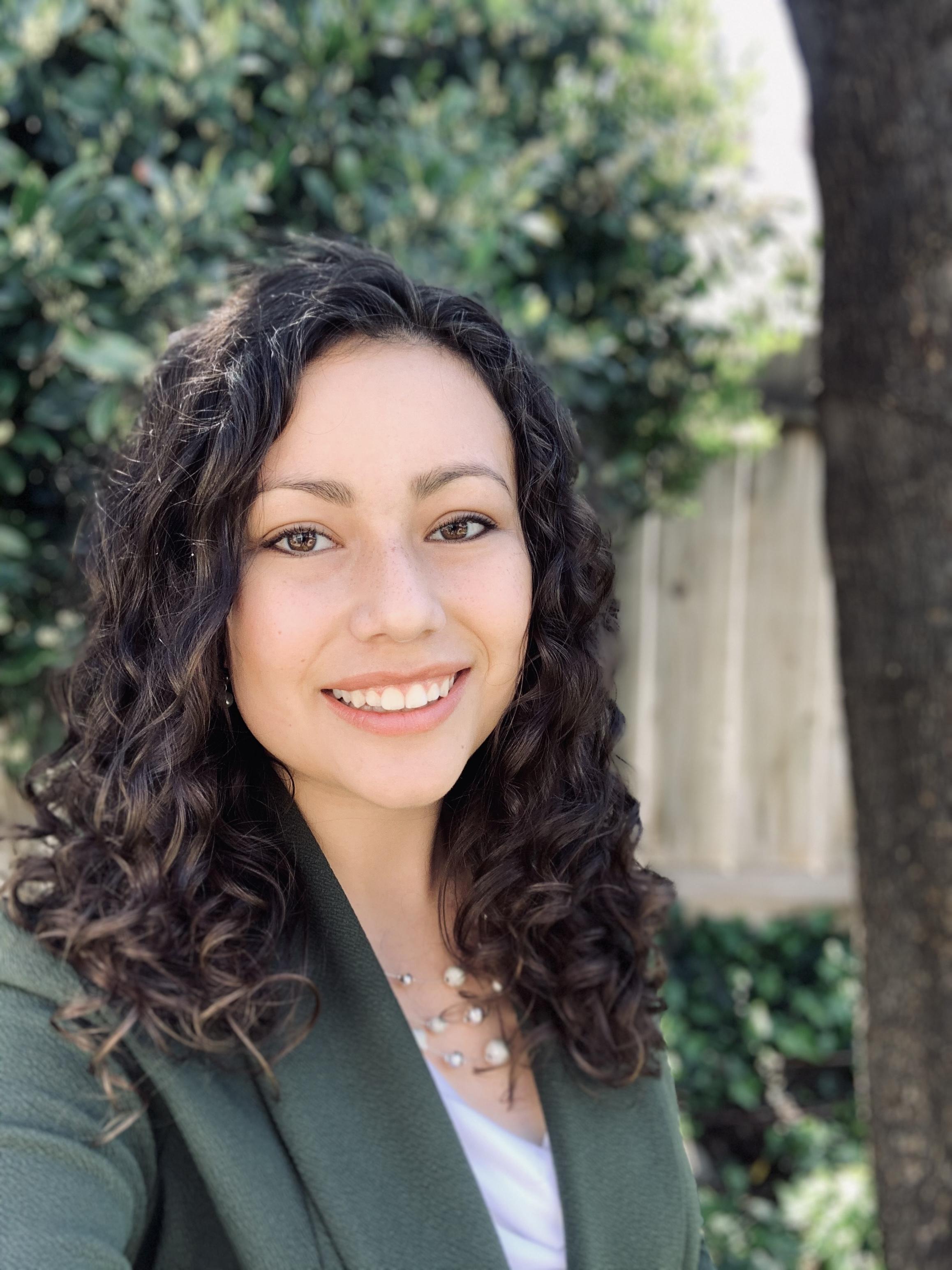 Rhiannon Oliverez-Kidwell, Sophomore
Rhiannon Oliverez-Kidwell, Sophomore
Majors: Molecular and Cellular Biology and Neuroscience
Minors: Biochemistry and Spanish
Research Lab PI: Dr. Nancy Horton
“Human diseases are a fascinating field of study because of the innate variety and dynamic nature that enable us, as researchers, to push the scientific frontier in ways that can help so many people. The COVID-19 pandemic has exposed both the successes of the infectious disease field as well as how far we have yet to go, something that has inspired me to pursue a career in the field of medical research. Through the work I do in the Horton Lab, I have been put in the position to become an advocate for science and medicine, specifically for the people of my community in California’s Central Valley. The people of the Valley are faced with stark medical inequality, something that I intend to change by returning as a family practice physician. I hope to serve both as a physician and as an advocate for the Valley; it has gone unserved for far too long. I am humbled and grateful to have been selected as a recipient of the Galileo Scholarship and, through the support of the MCB Department, I plan to continue my studies and my research.”
Shyanne King, Junior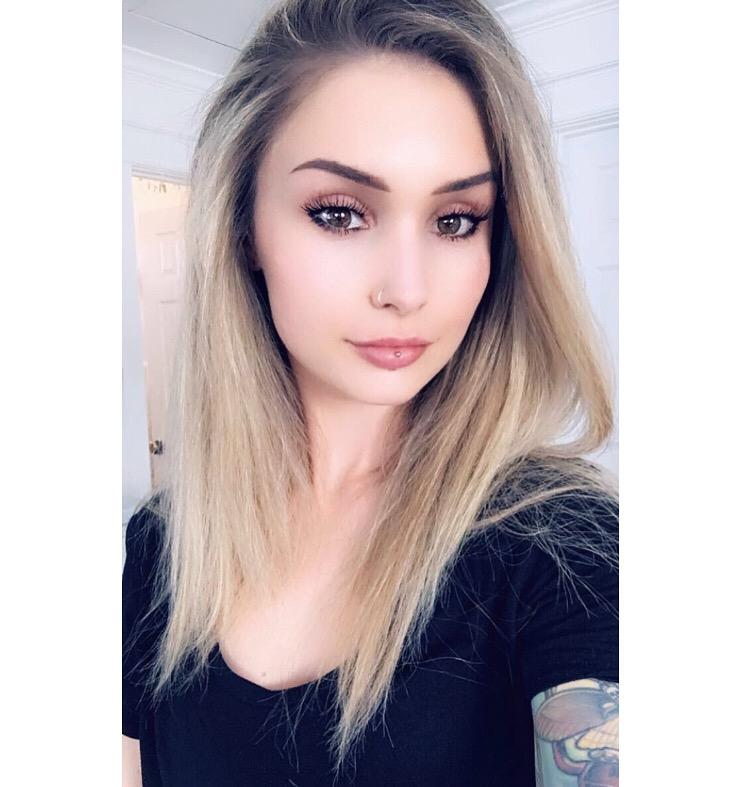
Majors: Molecular and Cellular Biology and Ecology and Evolutionary Biology
Minor: Biochemistry and Cellular and Molecular Medicine
Research Lab PI: Dr. Joyce Schroeder
“My research interests include the molecular changes that drive the evolution of cancer and how we can apply these discoveries to create novel medical treatments in the form of targeted therapeutics. To further explore these intrigues, I am currently shadowing Dr. Joyce Schroeder’s lab, which focuses on modifications within the tissue microenvironment of metastatic breast cancer. In June, I will join her lab as a MARC trainee, where I will focus on the non-canonical functions of receptor tyrosine kinases that promote an invasive and metastatic phenotype. Following my studies, I aspire to launch my own research lab where I will be able to organize community outreach programs and promote science communication. A deeply rooted passion for my community and serving underrepresented individuals drives my goal of creating a lab that is both inclusive and accessible. I am deeply honored by receiving this generous scholarship from the Galileo Circle donors and I am eager to contribute to the wealth of knowledge that drives advances in medicine, which can only be obtained through diligent research.”
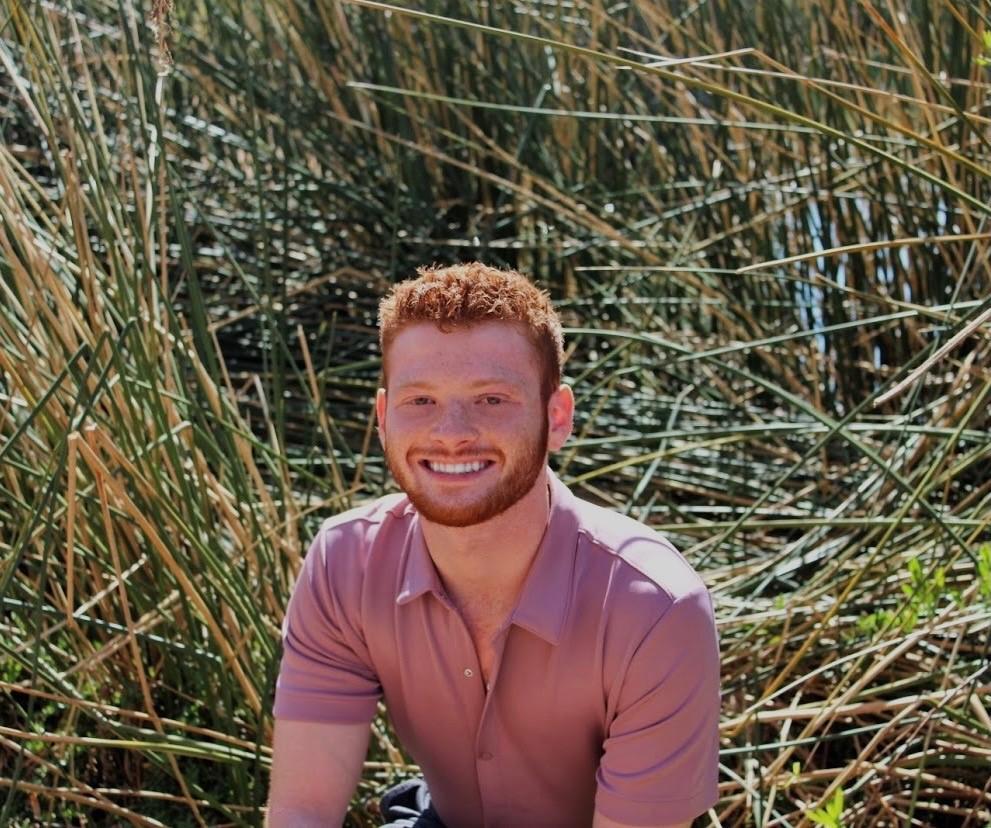 Jared Rhodes, Junior
Jared Rhodes, Junior
Major: Molecular and Cellular Biology
Minors: Biochemistry and thematic minor focusing on Immunology
Research Lab PI: Dr. Joyce Schroeder
"It was not until my brother was diagnosed with Non-Hodgkin’s Lymphoma, last Spring, that I saw the up-close destructive nature of cancer. Every single day, after finishing my shift in lab, I visited him. I found it painful to see my brother go through chemotherapy. Watching him struggle to eat, and even get out of bed only fed my drive to continue research. My brother fought his disease and today, he is happy, healthy, and cancer free. Without research and the development of cancer therapeutics, this would not be possible. I have made it my goal to find new therapeutics that can minimize both disease progression and toxicity of drugs. I want nothing more than to make my brother proud. Currently, I have a position in Dr. Joyce Schroeder’s lab, researching the deadliest form of breast cancer. Specifically, I evaluate drug compounds that can hopefully be used as anti-tumor agents. Independent research has taught me the importance of failure and the ability to bounce back even when things do not always work out the way we expect.
Words cannot describe how elated I feel to receive this scholarship. I find it reassuring to know there are people out there who believe I am capable of making a difference in the scientific community. This scholarship will help me in applying to graduate schools, as application fees can be costly. I am excited to see where my future will take me!
Ashwin Siby, Junior 
Major: Molecular and Cellular Biology
Research Lab PI: Dr. Timothy Bolger
"What initially fished me into biological sciences arose from my experiences in my high school biology and physiology classes. Since starting college, I’ve had the opportunity to conduct research in Dr. Timothy Bolger’s laboratory through the Undergraduate Research Biology Program The Bolger lab studies a protein called DED1 in budding yeast models. DED1 plays an essential role in gene expression which describes how genetic information in our DNA produces protein products that perform a majority of cellular functions. Mutations in the human homolog of DED1, DDX3, have been liked to several human diseases and highlight the importance of basic scientific research in its application to the improvement of human health.
I was thrilled to learn of my selection for the Galileo Circle Scholarship and I’m grateful for the support from the Galileo Circle patrons and the MCB department for supporting undergraduates such as myself."
Graduate Winners
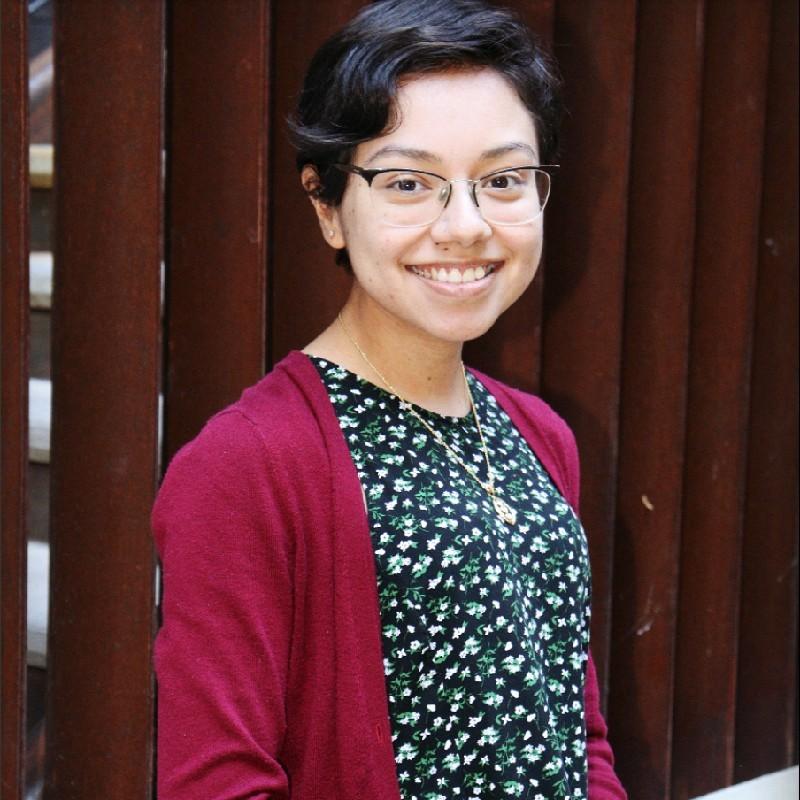 Angelica Escoto, 3rd year PhD candidate in Molecular and Cellular Biology
Angelica Escoto, 3rd year PhD candidate in Molecular and Cellular Biology
Research Lab PI: Dr. Joyce Schroeder
"Throughout my academic journey, I have experienced the beauty of science and contributing to scientific research and education. I strongly think that at its core, science is about communication, teaching, and guidance. I joined the lab of Dr. Joyce Schroeder in 2019 because her teaching and mentoring philosophy resonated with this idea of what I think science should be about. I am currently training to become a molecular biologist in the field of breast cancer, with a newly developed interest in better understanding the tumor microenvironment and the communication between cancer cells and its surrounding components. After completing my formal education, my goal is to contribute to the scientific community by teaching and mentoring underrepresented minorities studying at small academic institutions. Given my experiences in small classrooms and groups in both my undergraduate and graduate studies, I personally feel like I can make the most difference in this type of academic setting. I believe that such settings facilitate the formation of strong relationships between teachers and students, thereby creating a conducive environment for students to succeed in. Becoming part of the Galileo Circle will allow me to connect with others in the scientific community to share and exchange ideas on these topics that I am most passionate about."
Elizabeth Jose, 3rd year PhD candidate in Molecular and Cellular Biology
Research Lab PI: Dr. Andrew Paek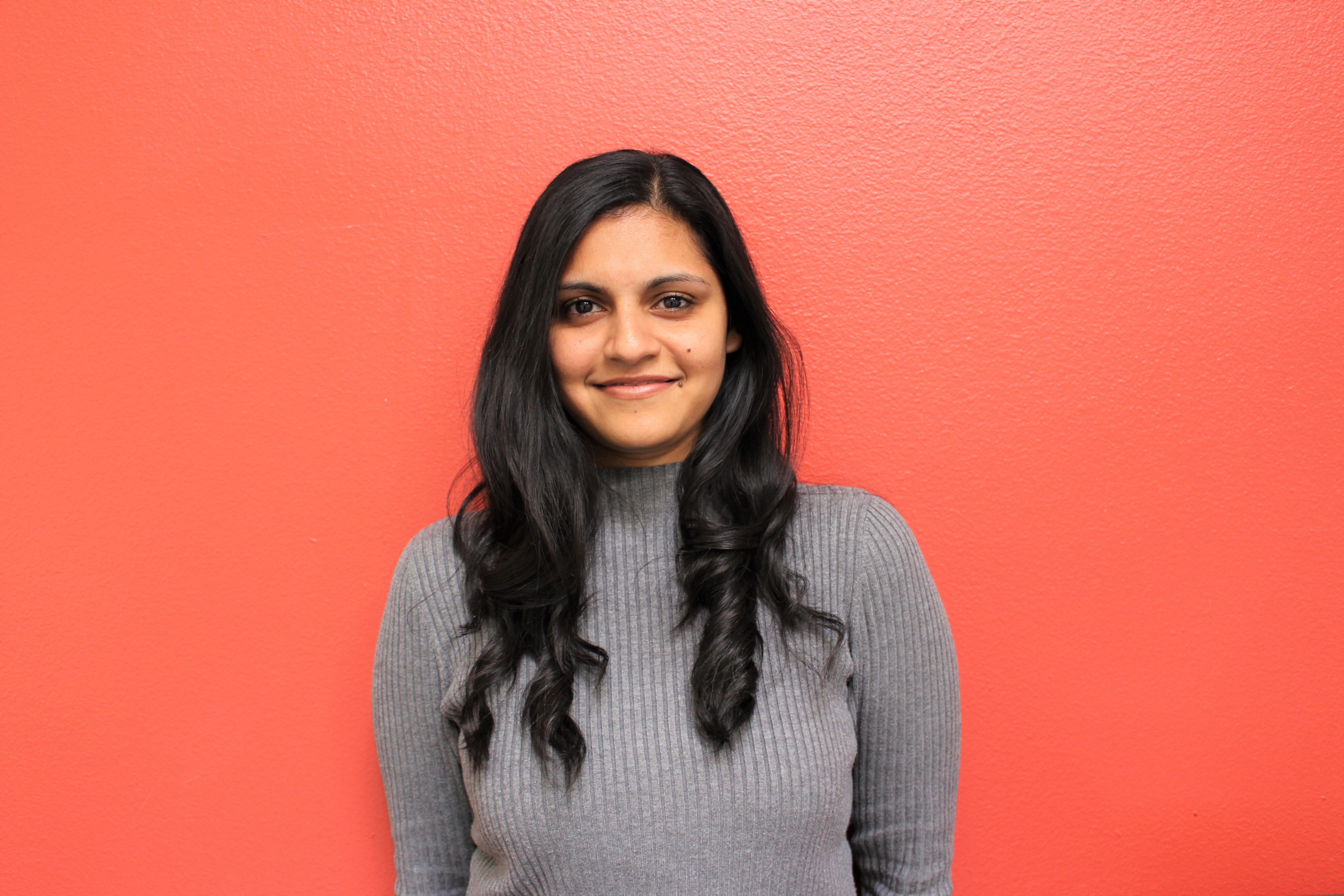
"My current research focuses on understanding how cancer cells decide to live or to die (a fate decision) after treatment with chemotherapeutic drugs. Even though chemotherapy is the first line of treatment for advanced forms of cancers, most tumors develop resistance and cannot be treated. My research will help to design treatment strategies that can help pushing cancer cells to a terminal cell fate like death. In the future, I want to work as a Research Scientist doing independent research. I want to participate in the training and mentoring of undergraduates and young scientists. I also want to be involved in reaching out to the community and be part of science outreach programs to help disseminate the research I do to the general public.
I am extremely grateful to the College of Science for setting up this scholarship for deserving students. Receiving this scholarship has motivated me to work harder and pursue my career goals knowing that the research I do is valued and appreciated."
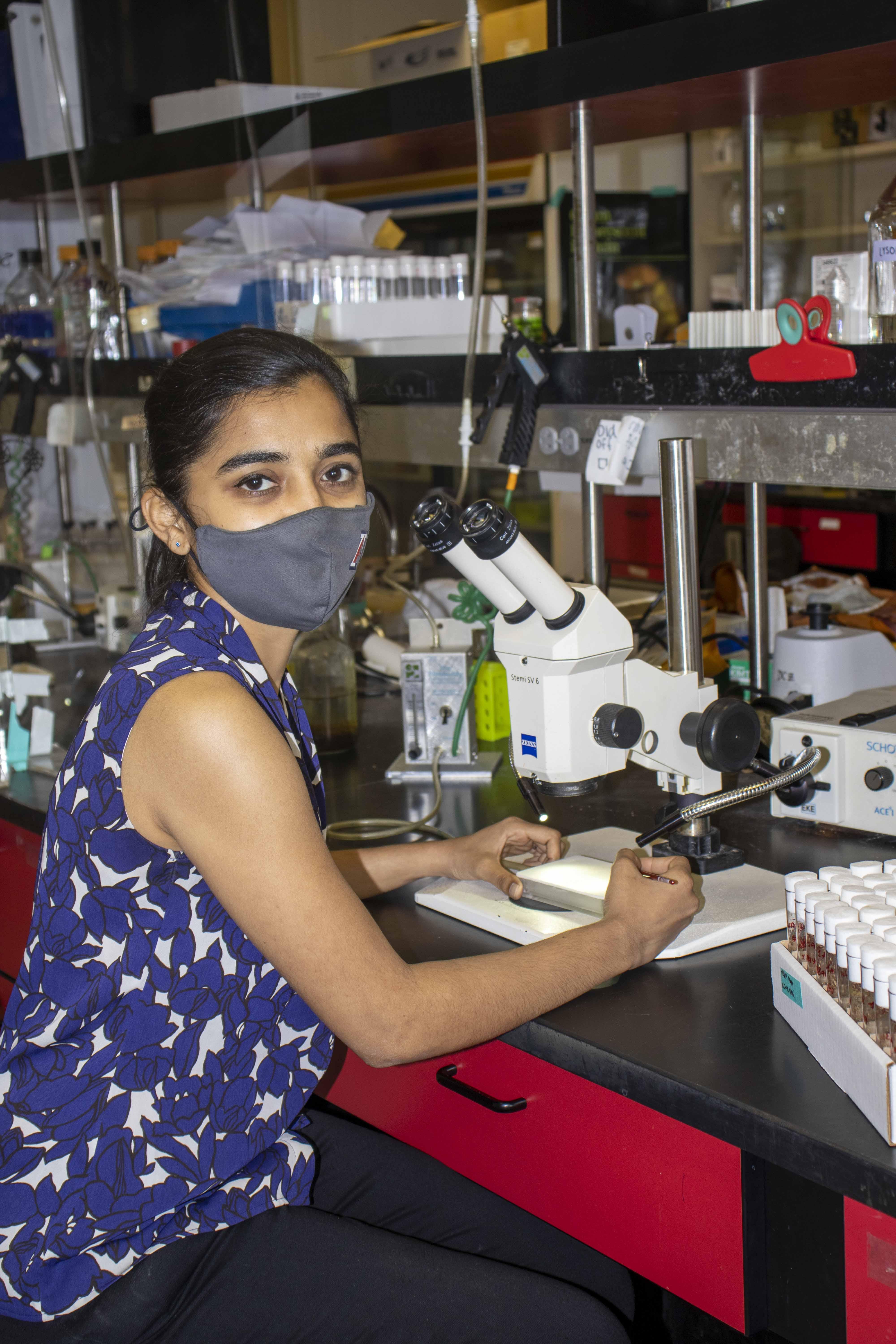 Suvitha Loganathan, 3rd year PhD candidate in Molecular and Cellular Biology
Suvitha Loganathan, 3rd year PhD candidate in Molecular and Cellular Biology
Research Lab PI: Dr. Daniela Zarnescu
"I joined Professor Daniela Zarnescu’s lab for my dissertation, where I study glucose metabolism at the synaptic level using Drosophila (Fruit fly) neuromuscular junctions as a model. ALS is the third most common form of neurodegenerative cause of adult death after Alzheimer’s and Parkinson’s diseases. There is no cure for ALS and treatment is at best palliative. My work will help gain insights into the mechanisms responsible for metabolic dysregulation and formulate therapeutic strategies that are likely to improve the lives of ALS patients. As a second time recipient of the Galileo Circle scholarship, I am honored and grateful for the recognition and support."
Brian Soong, 2nd year PhD candidate in Molecular and Cellular Biology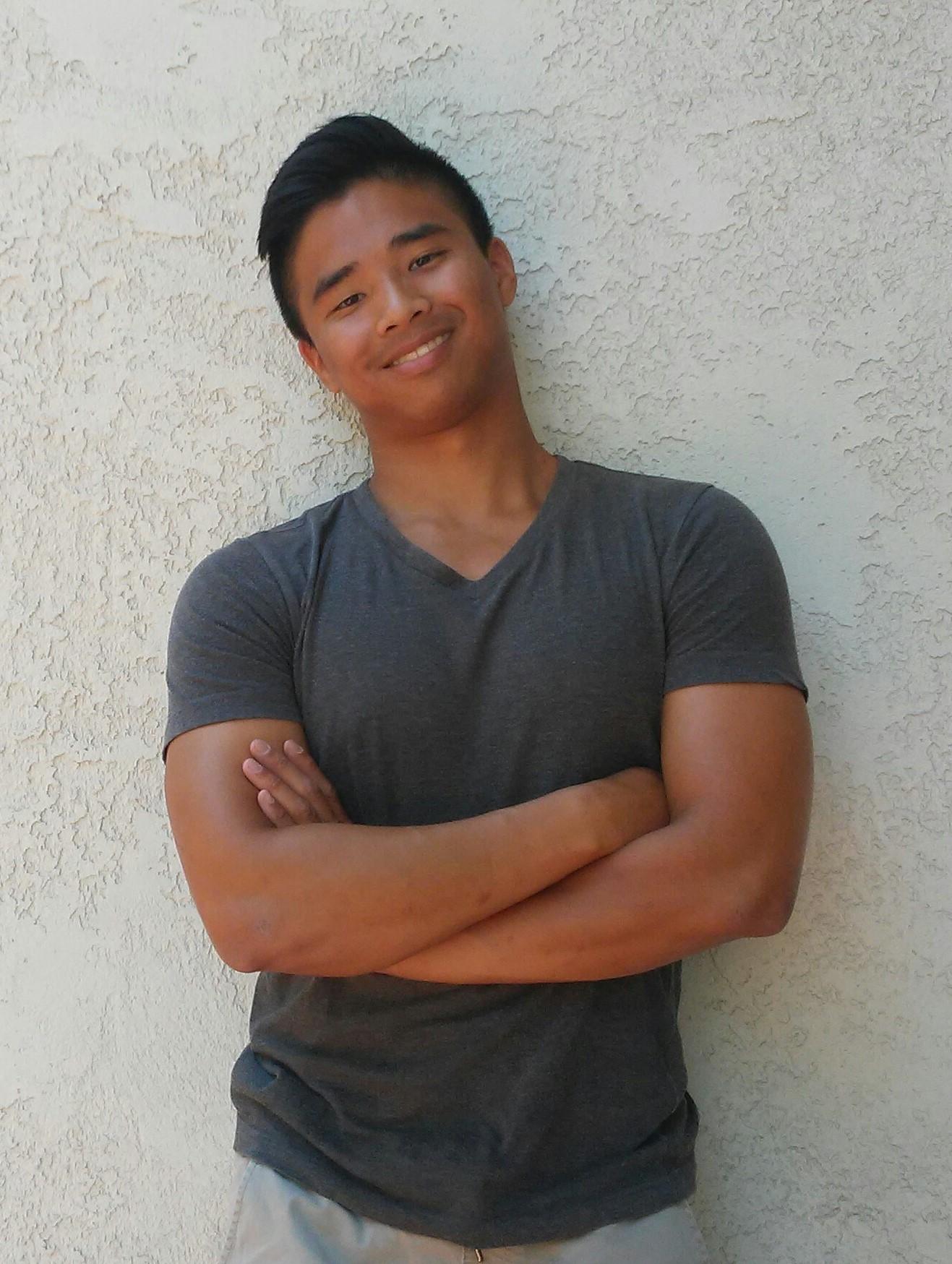
Research Lab PI: Dr. Thomas Tomasiak
"I am currently working under Dr. Thomas Tomasiak as a second year PhD student and studying the mechanism by which membrane transporter proteins conduct their activity in the cell. Using biochemical and structural approaches, my project specifically aims to understand the functional mechanism of a membrane transporter that combats oxidative stress and promotes cancer survivability. Our lab is very much like a family. We work as a team and support each other both in and out of the lab. My career goal is to become a professor at an academic institute where I can lead a research team of my own while teaching the next generation and cultivating their passion for science as well."





